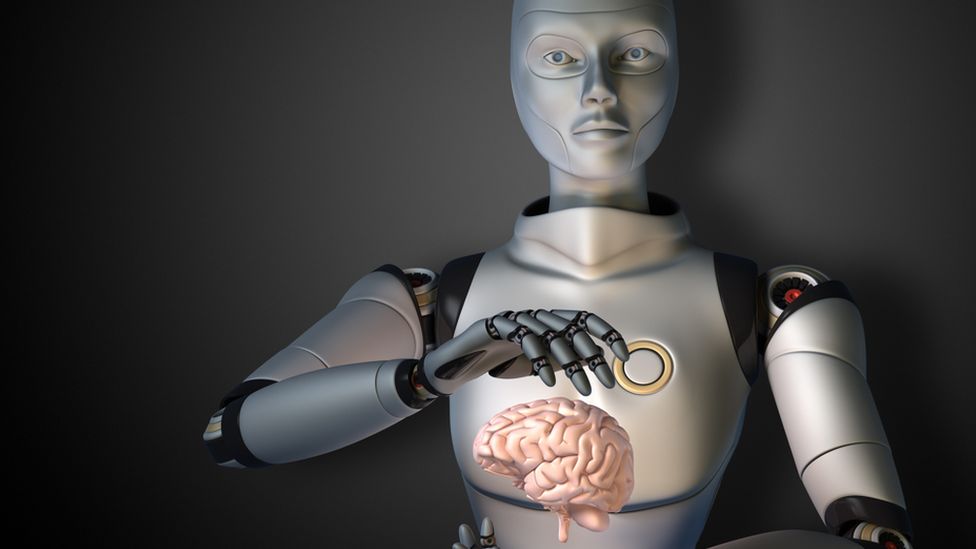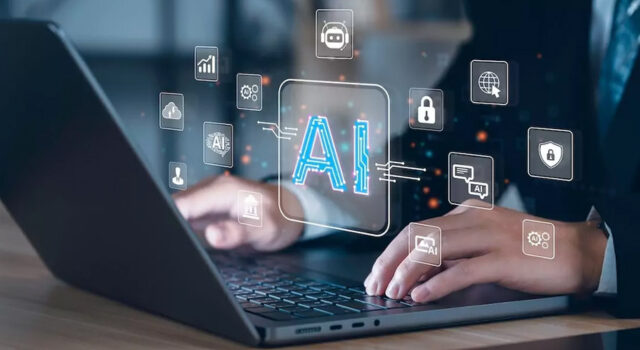Artificial Intelligence (AI) has emerged as a transformative force, revolutionizing various aspects of our lives. From healthcare and finance to transportation and entertainment, AI technologies are increasingly integrated into our daily routines. While the potential benefits of AI are vast, it is crucial to recognize and address the significant challenges that accompany its rapid advancement. In this article, we will explore some of the key challenges posed by AI and discuss the implications they have on society.
- Ethical Considerations: One of the foremost challenges with AI lies in ensuring ethical decision-making. As AI systems become more autonomous and capable of making decisions, questions arise about how to program them with ethical principles. Determining the moral and ethical boundaries for AI algorithms becomes critical, as these systems have the potential to influence human lives in profound ways. Issues like algorithmic bias, privacy concerns, and the potential for AI to be used for malicious purposes require careful attention and regulation.
- Bias and Fairness: AI algorithms are trained using vast amounts of data, which can inadvertently perpetuate biases present in the training data. This leads to biased outcomes in areas such as hiring processes, criminal justice systems, and loan approvals. Addressing bias and ensuring fairness in AI systems is a pressing challenge that requires ongoing research and development of unbiased training data sets and algorithmic techniques that mitigate bias.
- Accountability and Transparency: AI systems often operate as “black boxes,” making it difficult to understand their decision-making process. This lack of transparency raises concerns regarding accountability. If an AI system makes a wrong decision or causes harm, it can be challenging to determine who is responsible. Establishing frameworks for AI accountability, including mechanisms for auditing and explaining AI decisions, is essential to build trust and ensure responsible use of AI technology.
- Unemployment and Workforce Disruption: AI and automation technologies have the potential to displace human workers in various industries. While AI can create new job opportunities, it may also eliminate or change existing roles. Preparing the workforce for the transition and ensuring that individuals have the necessary skills to adapt to an AI-driven job market are crucial challenges that need to be addressed through education and training initiatives.
- Security and Privacy: As AI systems become increasingly interconnected and reliant on vast amounts of data, security and privacy concerns escalate. AI-powered applications gather and process personal information, making them potential targets for cyberattacks and unauthorized access. Protecting sensitive data, ensuring robust security measures, and developing AI systems that prioritize user privacy are paramount to prevent data breaches and maintain public trust.
Conclusion: Artificial Intelligence holds immense promise, but it also presents significant challenges that must be addressed to ensure its responsible and ethical deployment. By actively engaging in discussions surrounding AI’s ethical implications, promoting fairness and transparency, and investing in education and research, we can navigate the challenges posed by AI and harness its potential to benefit society as a whole. The key lies in striking a balance between innovation and responsible development, thus shaping an AI-driven future that aligns with our core values and aspirations.
You may also like



